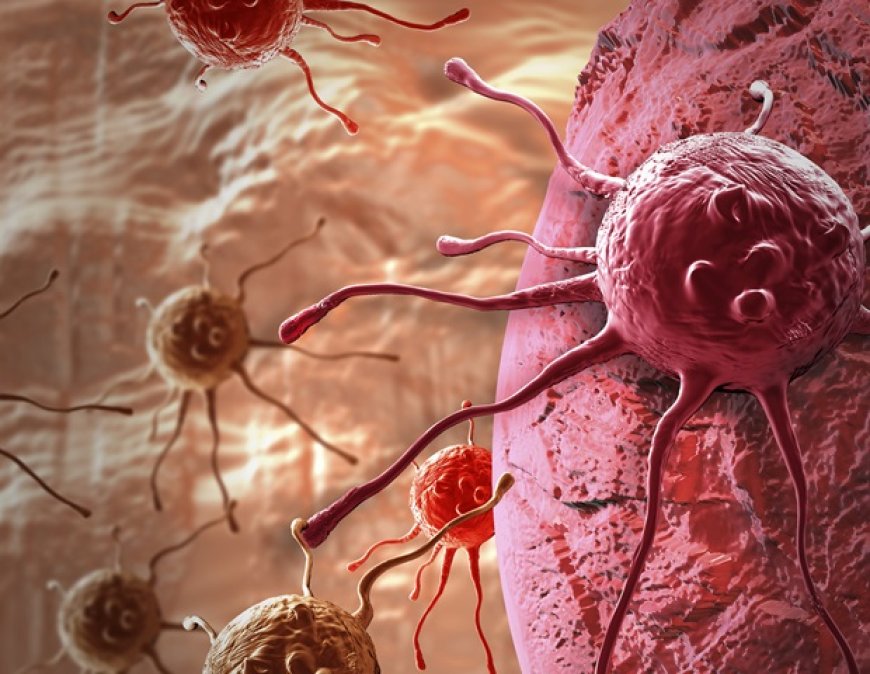New Study Reveals Surprising Role of MCL-1 Protein in Cancer
Recent research sheds light on the dual function of the MCL-1 protein, showing its involvement in cell survival and energy production. The findings have significant implications for cancer treatment strategies, aiming to develop safer and more targeted therapies.

Landmark research on MCL-1, a critical protein for cancer drug development, reveals a new role in cell energy production. The study, led by WEHI and published in Science, reshapes our understanding of cell survival and offers insights for safer cancer therapies.
The protein MCL-1 not only prevents cell death but also supports cell function by providing energy. Drugs targeting MCL-1 show promise for cancer treatment but can harm healthy tissues with high energy demand.
Dr. Kerstin Brinkmann, the first author, highlights the importance of MCL-1's metabolic function in living organisms. The findings pave the way for more targeted cancer therapies.
The research enhances MCL-1 as a cancer drug target, addressing safety concerns in clinical trials. By directing MCL-1 inhibitors to tumor cells, researchers aim to spare healthy tissues while killing cancer cells.
The study also sets the stage for improved combination therapies, optimizing dosing strategies and reducing toxicity. MCL-1's link to rare metabolic diseases in infants offers new therapeutic possibilities.
The collaborative project at WEHI involves experts in cancer biology, metabolism, and gene editing. The study underscores the importance of curiosity-driven science in driving medical breakthroughs.
According to the source: News-Medical.
What's Your Reaction?
 Like
0
Like
0
 Dislike
0
Dislike
0
 Love
0
Love
0
 Funny
0
Funny
0
 Angry
0
Angry
0
 Sad
0
Sad
0
 Wow
0
Wow
0











































































































































































